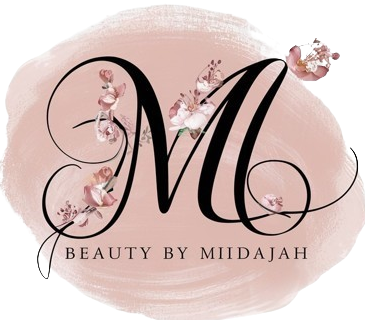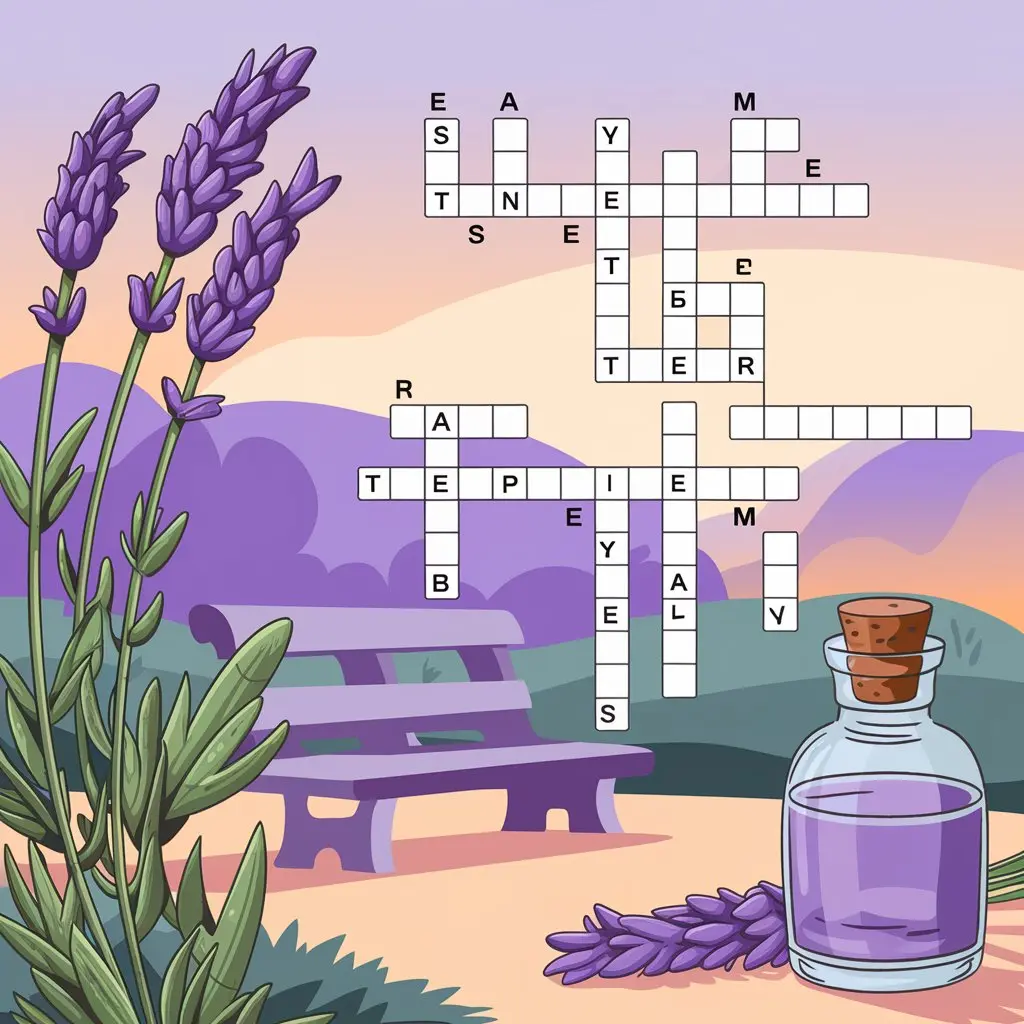Crossword puzzles have a special place in the hearts of many. They test our knowledge, challenge our problem-solving skills, and spark curiosity. One particular clue that often puzzles both crossword enthusiasts and aromatherapy lovers alike is “plant resin used in aromatherapy.” This clue, which seems simple at first glance, actually opens the door to a deeper understanding of aromatherapy and the ancient world of plant resins. In this article, we will explore the significance of plant resins, their use in aromatherapy, and how to solve the crossword puzzle related to this intriguing topic.
What Are Plant Resins?
Plant resins are natural, sticky substances secreted by certain trees and plants. These resins protect plants from injury and disease. They harden over time, forming a protective barrier against harmful organisms. In history, plant resins have been used for medicinal, cosmetic, and spiritual purposes.
Many resins are aromatic, which is why they play an important role in aromatherapy. When burned or heated, they release fragrant, therapeutic oils into the air, filling the environment with calming or invigorating scents.
Why Resins in Aromatherapy?
In aromatherapy, the use of plant resins dates back thousands of years. Ancient civilizations like the Egyptians, Greeks, and Romans prized resins for their medicinal and spiritual benefits. Today, they are still used in various forms, including essential oils, incense, and perfumes.
The reason resins are so effective in aromatherapy is their complex chemical makeup. They contain volatile oils and compounds that interact with our olfactory system, triggering responses in the brain that can promote relaxation, reduce stress, and even boost immunity.
Some of the most famous plant resins used in aromatherapy include frankincense, myrrh, benzoin, and copal. Each has its unique aroma and benefits, making them versatile in therapeutic applications.
Popular Plant Resins in Aromatherapy
Let’s explore some of the most common plant resins used in aromatherapy. Understanding these resins not only helps solve crossword puzzles but also deepens our appreciation for their holistic benefits.
1. Frankincense
Frankincense is perhaps the most well-known plant resin in the world. It comes from the Boswellia tree, native to regions like the Middle East and Africa. Known for its deep, earthy aroma, frankincense has been used for centuries in religious rituals and medicinal treatments.
In aromatherapy, frankincense is valued for its calming properties. It helps relieve stress, promote relaxation, and improve focus. It is often used in meditation and spiritual practices due to its grounding effect.
2. Myrrh
Myrrh is another ancient resin with significant spiritual and medicinal uses. It comes from the Commiphora tree, primarily found in Africa and the Middle East. Myrrh has a warm, spicy, and slightly bitter scent, often used in incense and perfumes.
Aromatherapists use myrrh to treat respiratory problems, skin conditions, and to boost emotional well-being. Its anti-inflammatory and antimicrobial properties make it ideal for healing wounds and soothing skin.
3. Benzoin
Benzoin resin is derived from the bark of trees in the Styrax family, found in Southeast Asia. It has a sweet, vanilla-like scent and is commonly used as a fixative in perfumes to stabilize other fragrances.
In aromatherapy, benzoin is used to promote emotional balance, ease anxiety, and uplift the mood. It has a warm, comforting aroma that makes it ideal for stress relief and relaxation.
4. Copal
Copal resin is native to Central and South America, derived from trees in the Burseraceae family. It has a lighter, fresher scent compared to other resins, with notes of pine and citrus. In ancient Mayan and Aztec cultures, copal was burned during spiritual ceremonies to purify spaces and offer protection.
Today, copal is used in aromatherapy for cleansing the mind and body. It has uplifting, clarifying effects that can help clear negative energy and promote focus.
Plant Resins in Crosswords
Crossword puzzles often include clues related to these common resins, especially the ones most widely recognized in aromatherapy. For example, if you encounter a clue like “plant resin used in aromatherapy,” there’s a strong chance that the answer could be frankincense or myrrh. These resins are popular and well-known, making them frequent solutions in puzzles.
Sometimes, the clues might be a little more specific, hinting at a certain characteristic of the resin, such as its scent or origin. Let’s break down how to approach solving these crossword clues.
How to Solve Plant Resin Aromatherapy Crossword Clues
Crosswords require both general knowledge and a strategic approach. Here’s a guide to unlocking the “plant resin used in aromatherapy” clues:
1. Understand the Context
Always start by understanding the crossword’s theme, if there is one. Some crosswords might focus on wellness, history, or natural remedies, making it more likely that the plant resin in question is related to aromatherapy.
2. Look at the Letter Count
The number of letters in the answer is a huge clue. For example, if the clue is “aromatherapy resin” and the answer has nine letters, you might immediately think of “frankincense.” If it’s five letters, “myrrh” could be the answer.
3. Use Synonyms or Related Words
Think about synonyms or terms closely related to the plant resin in question. For example, if the clue describes something sweet and calming, benzoin could be the answer because of its vanilla-like scent and soothing properties.
4. Consider Historical or Spiritual Context
Sometimes crossword clues give hints that relate to the cultural or historical use of the resin. If the clue refers to something ancient or spiritual, frankincense or myrrh might be the answer, as these resins were heavily used in ancient rituals.
5. Pay Attention to the Scent Description
If the crossword mentions a specific scent, use it as a clue. Frankincense has an earthy smell, while benzoin has a sweet, vanilla-like aroma. Myrrh is more bitter and spicy, and copal has fresh, citrusy notes. These scent profiles can help narrow down the possibilities.
6. Think About Geographical Origins
Sometimes, crossword clues hint at the resin’s origin. Frankincense and myrrh are from the Middle East and Africa, while copal is native to the Americas. If the clue references a region or country, this can point you toward the correct resin.
Why Use Plant Resins in Aromatherapy?
Now that we’ve explored how to solve crossword puzzles related to plant resins, it’s important to understand why these resins are so highly valued in aromatherapy.
1. Holistic Healing
Plant resins have a long history of use in holistic medicine. They offer physical, emotional, and spiritual benefits. For example, frankincense is often used to reduce inflammation, myrrh promotes wound healing, and benzoin helps alleviate stress. These resins offer a natural way to support the body and mind without relying on synthetic chemicals.
2. Aromatic Benefits
The aromatic properties of plant resins are a big reason why they are staples in aromatherapy. Scents like frankincense and myrrh can calm the mind and spirit, while copal can uplift and cleanse negative energy. Aromatherapy works by triggering responses in the brain that lead to improved mood, better focus, or enhanced relaxation.
3. Versatility in Use
Plant resins are versatile in aromatherapy. They can be burned as incense, used in essential oils, or applied topically when mixed with carrier oils. This flexibility allows individuals to experience the healing properties of resins in a way that suits their preferences and needs.
Conclusion
Plant resins have been revered for centuries for their healing, spiritual, and aromatic benefits. When you encounter a clue like “plant resin used in aromatherapy” in a crossword, you now have the tools to solve it with confidence. Frankincense, myrrh, benzoin, and copal are among the most commonly used resins in aromatherapy, each offering unique benefits.
By understanding the context of crossword clues and learning more about the properties of these resins, you can unlock the answer while gaining deeper insights into the world of aromatherapy. Not only will you solve the puzzle, but you’ll also enrich your knowledge of natural healing practices that have stood the test of time.
The next time you come across this puzzle clue, remember the history, uses, and aromatic power of these plant resins. Whether you’re solving a crossword or exploring the benefits of aromatherapy, plant resins offer endless opportunities for discovery and wellness.

